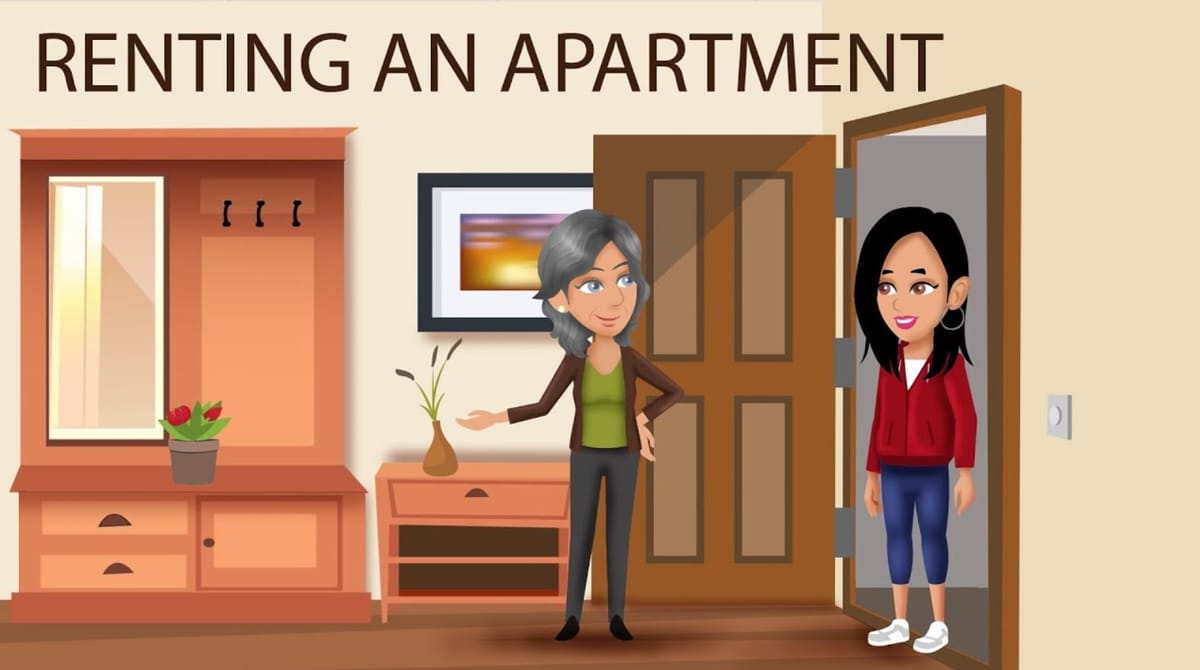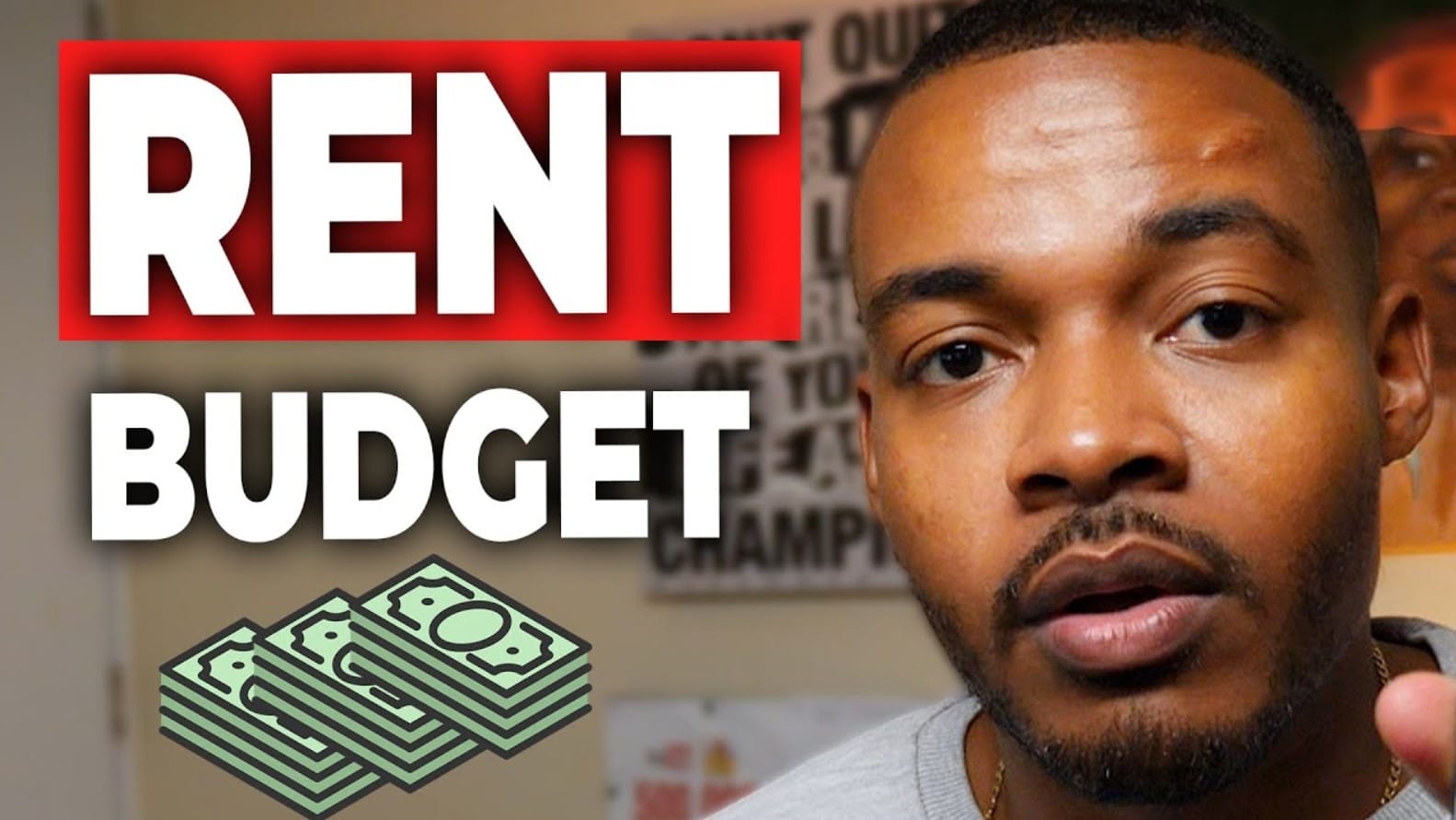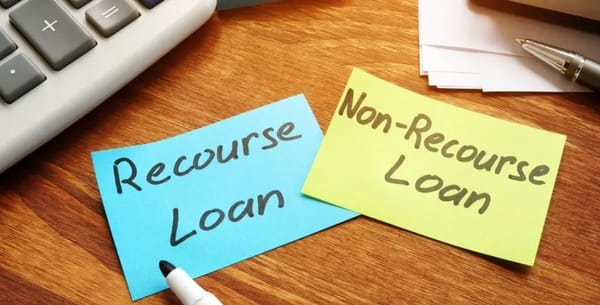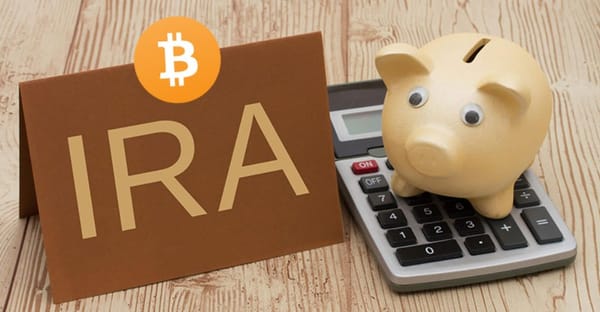Renting an Apartment for the First Time: What You Need to Know

Renting an apartment for the first time is an exciting milestone, but it can also feel overwhelming if you're unfamiliar with the process. From understanding your budget to signing a lease, this guide covers everything you need to make informed decisions and avoid common pitfalls. Whether you're moving out for the first time or relocating, we’ve got you covered with practical advice and actionable tips.
Let’s dive into everything you need to know about renting an apartment for the first time.
Understanding Your Budget

How Much Can You Afford?
Before beginning your apartment search, calculate how much you can realistically spend on rent. The general rule of thumb is to allocate no more than 30% of your monthly income to rent. Factor in other expenses such as:
- Utilities (electricity, water, gas)
- Internet and cable
- Groceries
- Transportation
- Renter’s insurance
Upfront Costs to Expect
Renting an apartment involves several upfront expenses that you should be prepared for, including:
- Security Deposit: Typically equal to one or two months' rent.
- First and Last Month’s Rent: Some landlords require both at lease signing.
- Application Fees: These can range from $25 to $100 per application.
- Moving Costs: Include hiring movers or renting a truck, and buying furniture.
Creating a Rental Budget Plan
To stay on top of your finances, create a detailed rental budget. Break down your income and fixed monthly expenses, leaving room for discretionary spending and savings.
Finding the Right Apartment

Where to Look for Apartments
The search for your dream apartment starts with knowing where to look. Use these resources:
- Online Rental Platforms: Zillow, Apartments.com, and Craigslist.
- Social Media Groups: Many cities have Facebook groups dedicated to rental listings.
- Word of Mouth: Ask friends, family, or coworkers for recommendations.
- Real Estate Agents: In some areas, agents can help you find rentals.
Choosing the Right Location
The location of your apartment impacts your quality of life. Consider these factors:
- Proximity to Work or School
- Access to Public Transportation
- Neighborhood Safety
- Nearby Amenities: Grocery stores, gyms, parks, etc.
Creating a Must-Have List
Before visiting apartments, identify your priorities:
- Number of Bedrooms and Bathrooms
- Pet Policies
- Parking Availability
- Laundry Facilities (in-unit or on-site)
Touring Apartments
What to Look for During a Tour
When touring an apartment, pay attention to both the big picture and small details:
- Condition of Appliances: Check for working stoves, fridges, and HVAC systems.
- Water Pressure and Plumbing: Turn on faucets and flush toilets.
- Lighting and Electrical Outlets: Test light switches and ensure outlets work.
- Noise Levels: Visit at different times of the day to gauge noise.
Questions to Ask the Landlord
Ask the landlord or property manager important questions, such as:
- What utilities are included in the rent?
- What is the guest policy?
- Are there maintenance or repair procedures?
- What is the lease renewal process?
Understanding the Lease Agreement
Key Components of a Lease
A lease agreement is a legally binding document, so read it carefully. Look for:
- Lease Term: Length of the rental period (e.g., 12 months).
- Rent Amount and Due Date
- Security Deposit Details
- Policies on Pets, Guests, and Smoking
- Maintenance and Repairs Responsibilities
Red Flags in a Lease
Avoid signing a lease if you notice:
- Vague Terms: Ambiguities about fees or policies.
- No Written Agreement: Verbal agreements can lead to disputes.
- Unreasonable Penalties: Excessive late fees or penalties for breaking the lease.
Managing Utilities and Additional Costs
Utilities: What’s Included and What’s Not
Clarify which utilities are covered by your rent. Common utilities include:
- Included: Water, trash, and basic heat in some cases.
- Not Included: Electricity, gas, internet, and cable.
Setting Up Your Utilities
Set up your utility accounts before moving in. Contact service providers for electricity, internet, and other essentials.
Saving on Utility Costs
Save money on utilities by:
- Using energy-efficient appliances.
- Turning off lights when not in use.
- Opting for budget-friendly internet plans.
Preparing for Move-In Day
Inspecting the Apartment
Before moving in, complete a walkthrough with the landlord to document the apartment’s condition. Note:
- Any existing damage (scratches, stains, etc.).
- Malfunctioning appliances or fixtures.
- Uncleaned areas that need attention.
Essential Moving Supplies
Gather the following for a smooth move-in:
- Boxes, packing tape, and markers.
- Cleaning supplies for pre-move-in cleaning.
- Basic tools for assembling furniture.
Updating Your Address
Remember to update your address with:
- The post office.
- Banks and credit card companies.
- Employers and subscriptions.
Settling Into Your New Apartment
Unpacking and Organizing
Unpack strategically by focusing on one room at a time. Start with essentials like kitchen supplies and bedding.
Getting to Know Your Neighbors
Introduce yourself to neighbors to build a friendly relationship. They can provide helpful tips about the building and community.
Creating a Comfortable Living Space
Add personal touches like:
- Wall art and decorations.
- Cozy rugs and cushions.
- Functional furniture arrangements.
Common Challenges for First-Time Renters
Dealing with Maintenance Issues
Submit maintenance requests promptly and document communication with the landlord.
Managing Noisy Neighbors
If noise becomes an issue, approach your neighbors politely before involving the landlord.
Staying Within Budget
Track your monthly expenses to ensure you’re not overspending.
FAQs
What documents do I need to rent an apartment?
Most landlords require proof of income, a government-issued ID, and references from previous landlords or employers.
How can I improve my chances of getting approved?
Have your documents ready, be polite, and demonstrate financial stability with a strong credit score or a co-signer.
What is a co-signer, and do I need one?
A co-signer is someone who guarantees the rent if you cannot pay. You may need one if your income or credit history is insufficient.
Can I negotiate the rent?
Yes, some landlords may be open to negotiation, especially if the property has been vacant for a while.
What should I do if I want to break my lease?
Review your lease for early termination clauses and notify your landlord as soon as possible. Be prepared to pay any penalties.
Is renter’s insurance necessary?
While not always required, renter’s insurance protects your belongings in case of theft, fire, or other damages.
Conclusion
Renting an apartment for the first time is a significant step toward independence and adulthood. By understanding your budget, researching thoroughly, and knowing what to look for in a lease, you can avoid potential headaches and enjoy your new home. Use this guide as your roadmap, and don’t forget to trust your instincts throughout the process.




